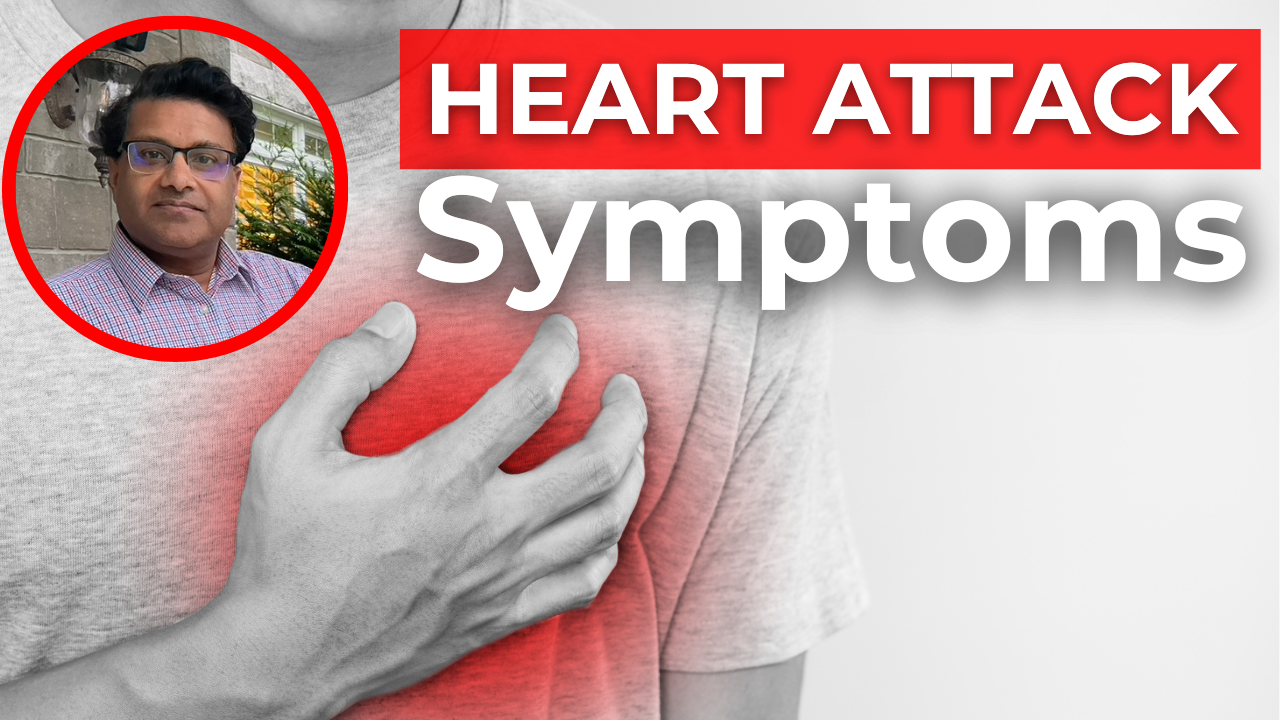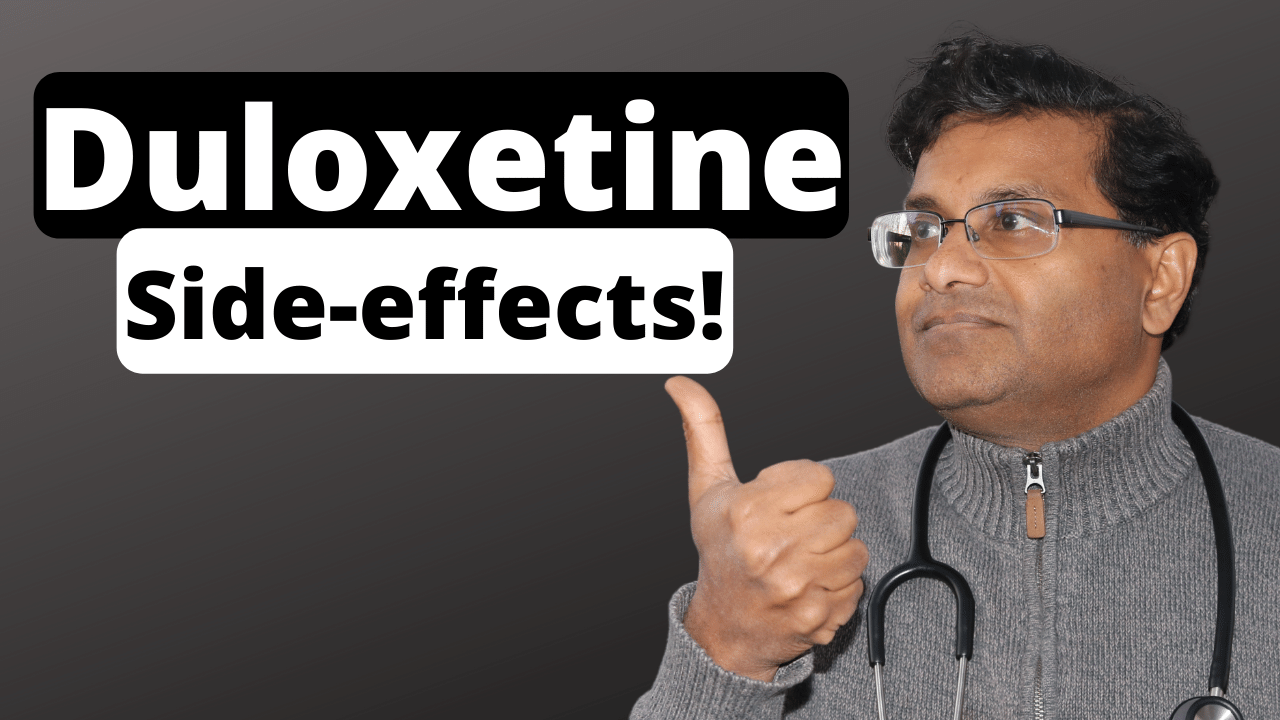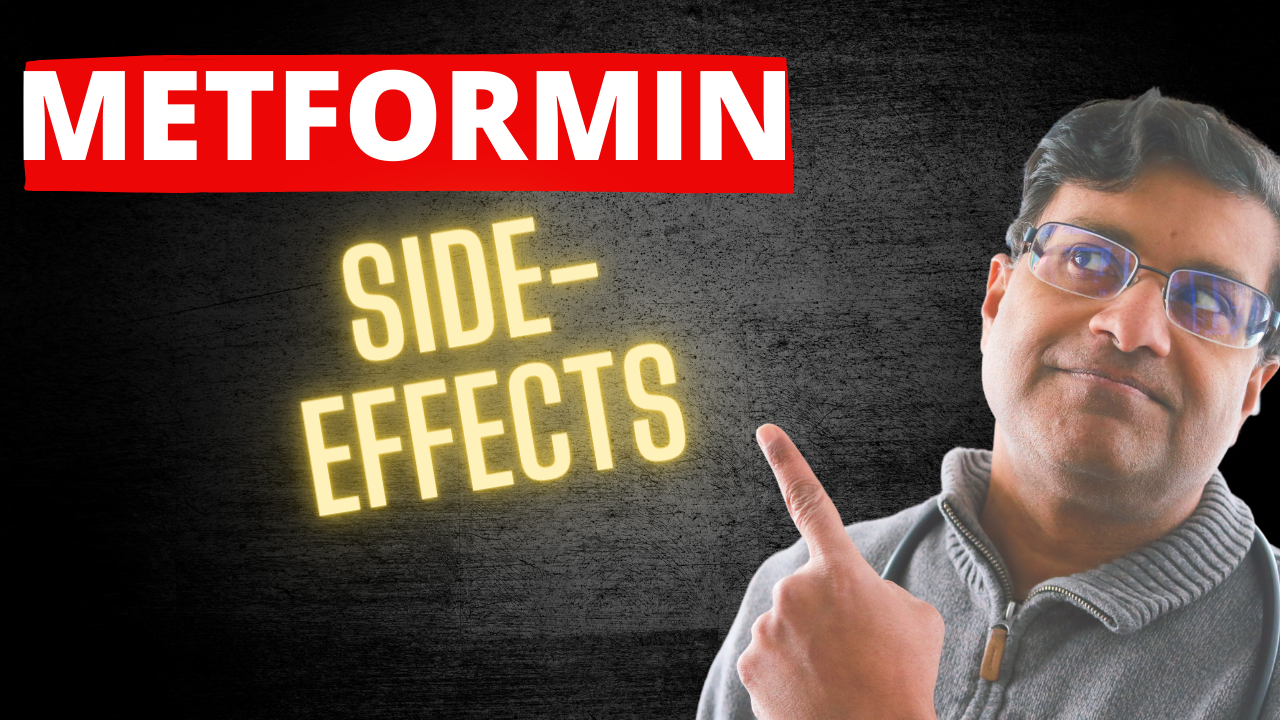What is a Heart Attack?
Before we dive into the symptoms, let’s get clear on what a heart attack is.
A heart attack happens when blood flow to a part of the heart muscle is blocked.
This usually happens because of a buildup of fat, cholesterol, or other substances in the arteries that feed your heart. These blockages are called plaques.
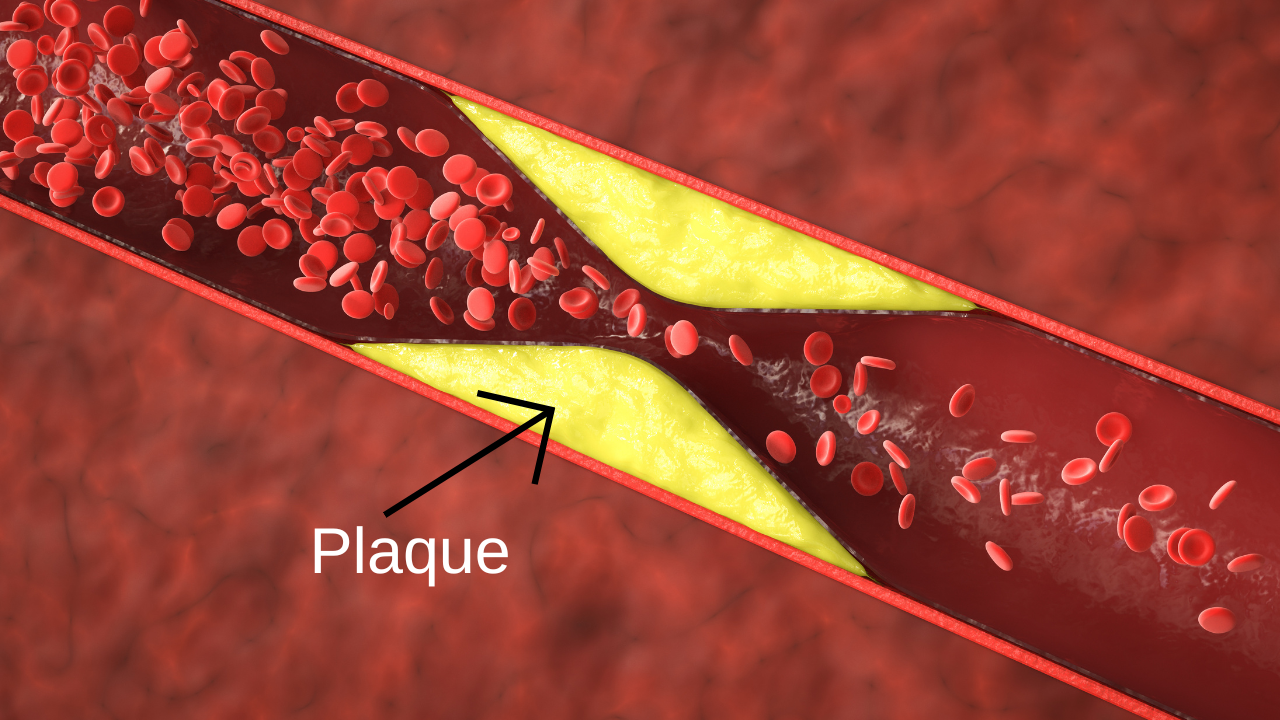
When a plaque breaks open, it causes a blood clot that can stop the flow of blood to the heart muscle, causing the muscle to die if it doesn’t get oxygen quickly enough.
In simple terms: your heart needs oxygen to keep beating and stay healthy. If that oxygen supply is cut off, your heart starts to struggle. That’s a heart attack, and it can be fatal if you don’t get help fast.
But I’m Young—Why Should I Worry About Heart Attacks?
Okay, so here’s the thing.
While heart attacks are way more common in older adults, they can happen to anyone, especially if they have certain risk factors.
Even young adults can be at risk if they have conditions like high blood pressure, high cholesterol, diabetes, or if they smoke. And even if you’re healthy now, knowing the signs of a heart attack can help you spot it in someone else—like a family member or a friend.
Plus, the lifestyle choices you make now—things like eating healthy, getting enough exercise, not smoking, and managing stress—can affect your heart health later in life. So, it’s never too early to start thinking about this stuff.
The Symptoms of a Heart Attack:
Now, let’s talk about the warning signs. Heart attack symptoms can be different for everyone. Some people have really obvious symptoms, like extreme chest pain, while others have more subtle signs that are easy to miss. That’s why it’s important to pay attention to all the symptoms, even the ones that don’t seem like a big deal at first.
Here are the main symptoms you need to know:
1.Chest Pain or Discomfort
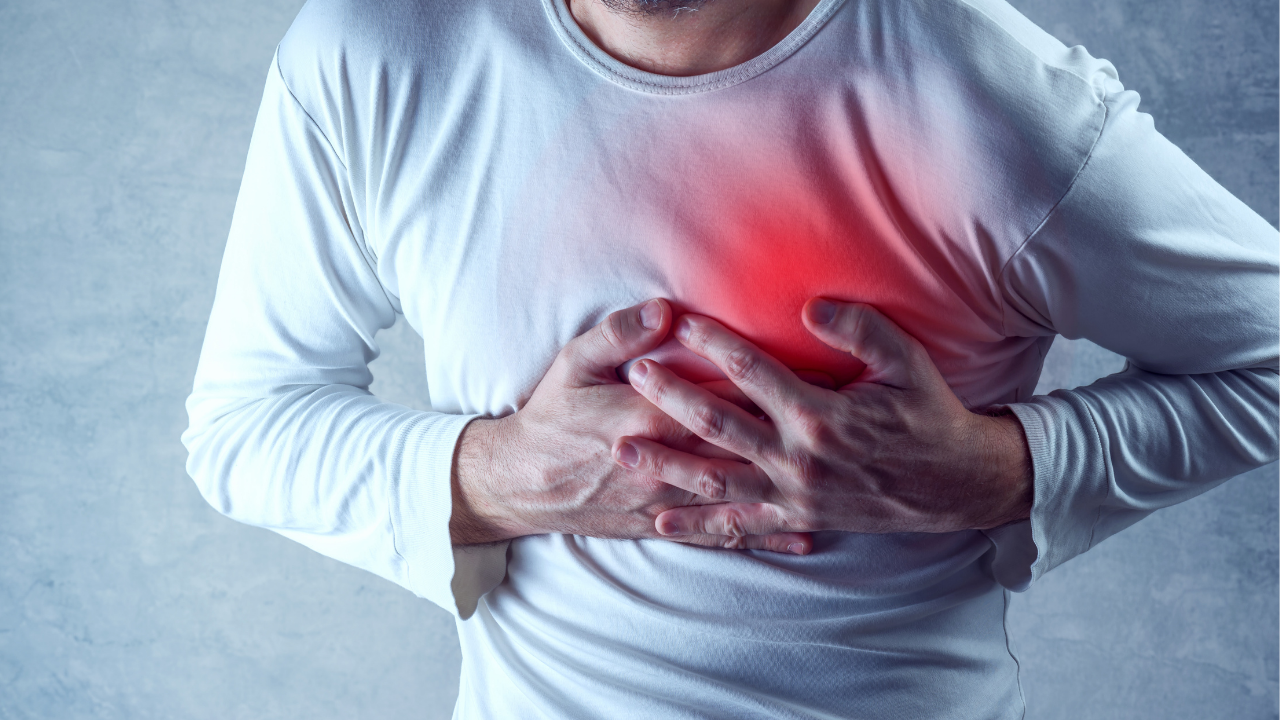
This is the big one.
When people think of heart attacks, the first thing that comes to mind is chest pain. But here’s the tricky part—it’s not always an intense, sharp pain like you might expect. For some people, it feels like pressure, squeezing, or a burning sensation. It can feel like someone is sitting on your chest, or like your chest is being crushed. Sometimes it feels like bad indigestion. The pain might last a few minutes or go away and then come back.
The key thing to remember is that any chest discomfort that doesn’t feel right should be taken seriously. Even if you think it might be something minor, like heartburn, it’s better to be safe than sorry. Get it checked out.
2.Pain in Other Parts of Your Body
Here’s something most people don’t know: the pain from a heart attack doesn’t always stay in your chest.
It can spread to other parts of your body, like your arms, neck, jaw, back, or stomach.
And it’s not always just pain—it can be more like a weird ache or discomfort.For example, if your left arm starts hurting or feels heavy out of nowhere, that’s a red flag.Some people even feel pain in their jaw or teeth during a heart attack.
And women are more likely to experience back or stomach pain during a heart attack, which can make it harder to recognize.
So, if you feel any unusual pain or discomfort in your upper body, especially if it’s paired with other symptoms, don’t ignore it.
3.Shortness of Breath
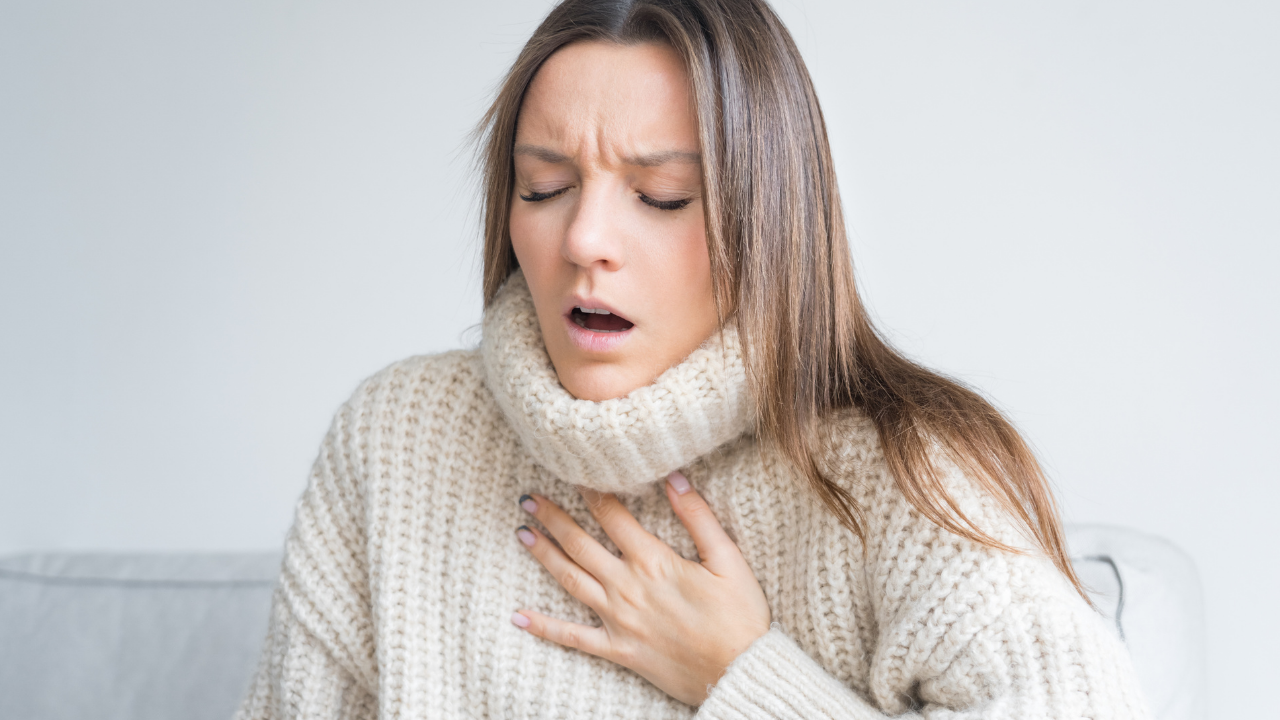
Feeling like you can’t catch your breath?
That’s another sign.
If you suddenly have trouble breathing, even when you’re just sitting down or resting, that could be a sign of a heart attack.
Some people describe it as feeling like they just ran up a flight of stairs when all they did was stand up or walk across the room.
This symptom can happen with or without chest pain, so even if your chest feels fine but you’re having a hard time breathing, pay attention to it. Your heart and lungs are closely connected, so when your heart is in trouble, it can make it harder for you to breathe.
4.Cold Sweat
Have you ever broken out in a sweat when you weren’t exercising or in a hot room?
Sweating for no reason can be a sign that something’s wrong with your heart. If you suddenly start sweating a lot—especially if it’s a cold, clammy sweat—take it seriously. Your body could be reacting to the stress of a heart attack.
This one can be easy to overlook because it can happen for lots of reasons, but combined with other symptoms, it’s a strong indicator that something’s wrong with your heart.
5.Feeling Dizzy or Lightheaded
Another symptom that can be confusing is feeling dizzy or lightheaded. This could be because your heart isn’t pumping enough blood to your brain. If you feel like you’re going to pass out, or if you actually do faint, that’s a major warning sign. Dizziness can happen for lots of reasons, but if it happens along with chest pain or other symptoms, don’t shrug it off.
6.Nausea or Vomiting
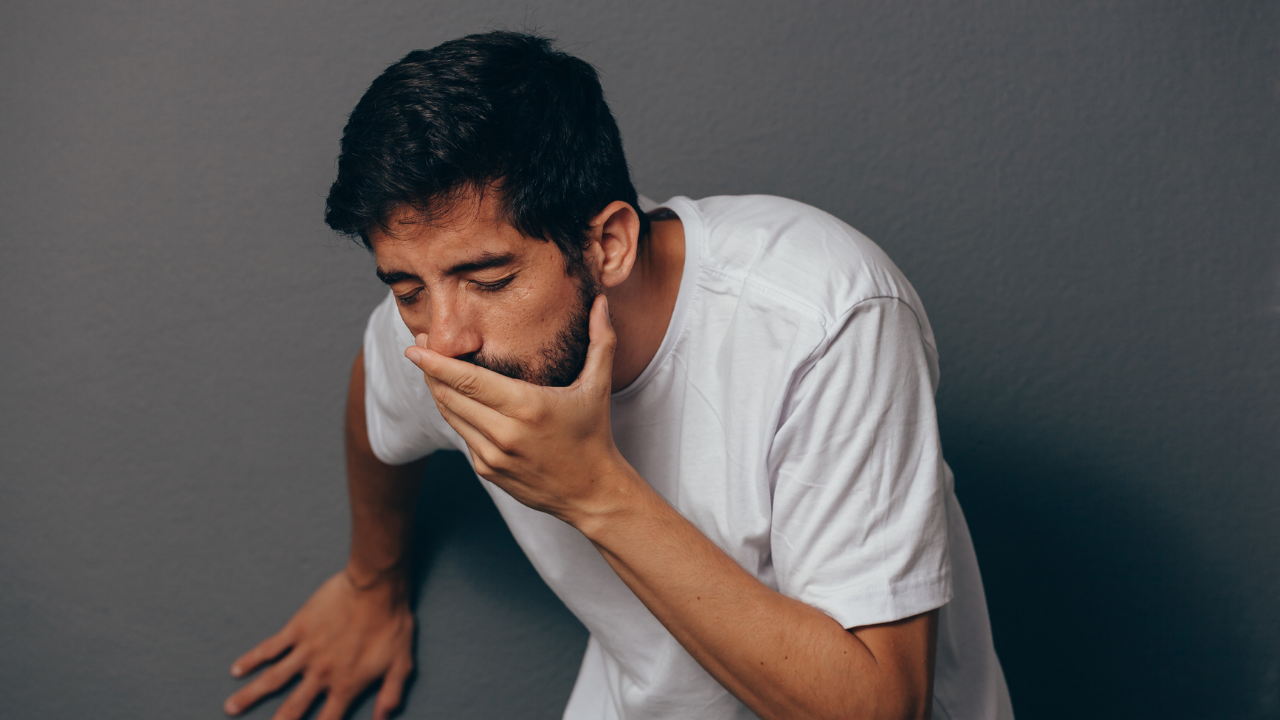
This is one of those symptoms that people often don’t connect to a heart attack, but it happens more often than you’d think.
Some people feel sick to their stomach, or even throw up, during a heart attack. It can be easy to mistake this for the flu or food poisoning, especially if you don’t have chest pain at the same time.
But here’s the key: if you feel nauseous and you’re also experiencing any of the other symptoms we’ve talked about, it’s worth getting checked out.
7.Fatigue
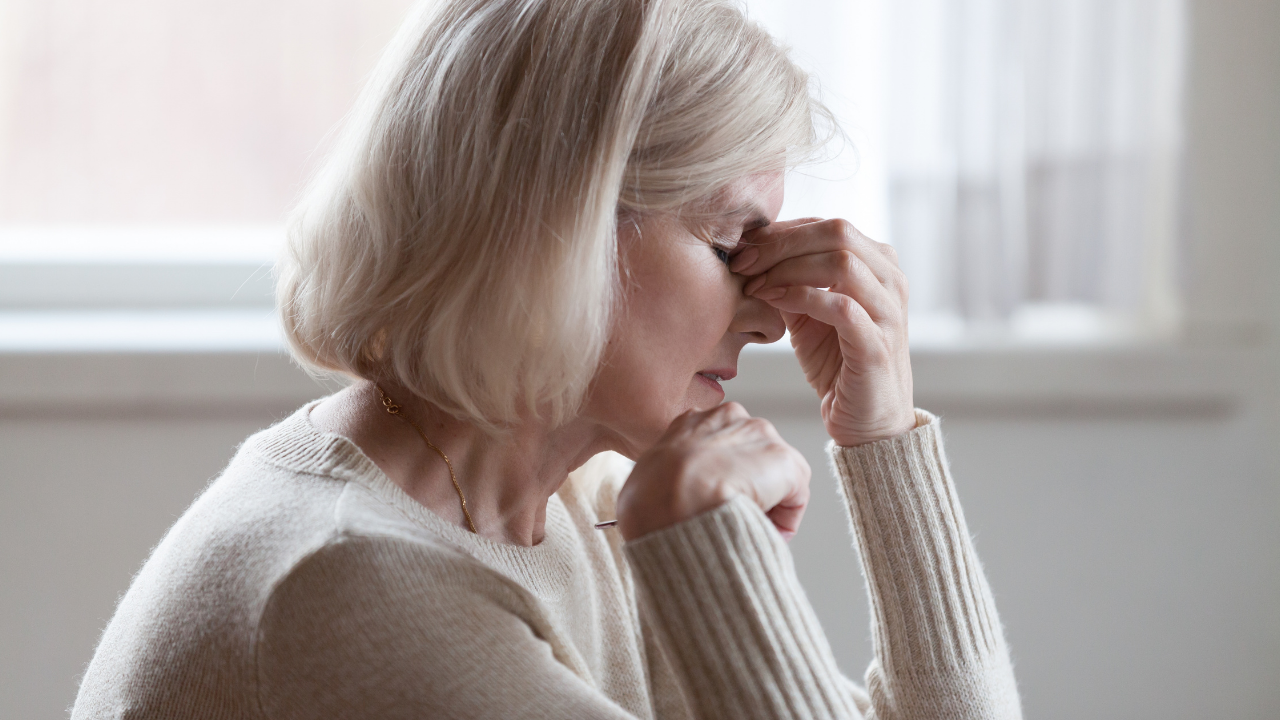
Feeling super tired for no reason?
This can be a sign that your heart is in trouble, especially for women.
If you suddenly feel exhausted after doing something that normally wouldn’t wear you out, like walking to the kitchen or climbing a few stairs, it could be because your heart isn’t pumping blood efficiently.
Unexplained fatigue is easy to dismiss because there are so many reasons you could feel tired, but if it’s combined with other heart attack symptoms, it’s a red flag.
Why Heart Attack Symptoms Can Be Different in Women
Here’s something really important to know heart attack symptoms can be different for men and women. While both men and women experience chest pain, women are more likely to have symptoms like shortness of breath, nausea, vomiting, and back or jaw pain.
Women are also more likely to have symptoms that aren’t as obvious or dramatic as what you see in movies.
This can make it harder to recognize that they’re having a heart attack, which is why it’s so important for everyone to know the full range of symptoms.
What to Do If You Think You’re Having a Heart Attack
So, what should you do if you or someone around you is having these symptoms?
First off, don’t wait.
Every minute counts.Time is critical during a heart attack.
The faster you get treatment, the better your chances of surviving and avoiding long-term damage to your heart.
If you think you’re having a heart attack, call your emergency services immediately. Don’t try to drive yourself to the hospital or brush it off as nothing. Let the paramedics come to you—they can start treatment right away and get you to the hospital safely.
If you’re with someone who’s having symptoms, call emergency services for them and stay with them until help arrives. If they lose consciousness, you might need to start CPR. Learning CPR is a valuable skill that could save someone’s life.
Preventing Heart Attacks: Start Young
The good news?
There’s a lot you can do to lower your chances of having a heart attack, both now and in the future.
Here are some things you can start doing right now to keep your heart healthy:
-
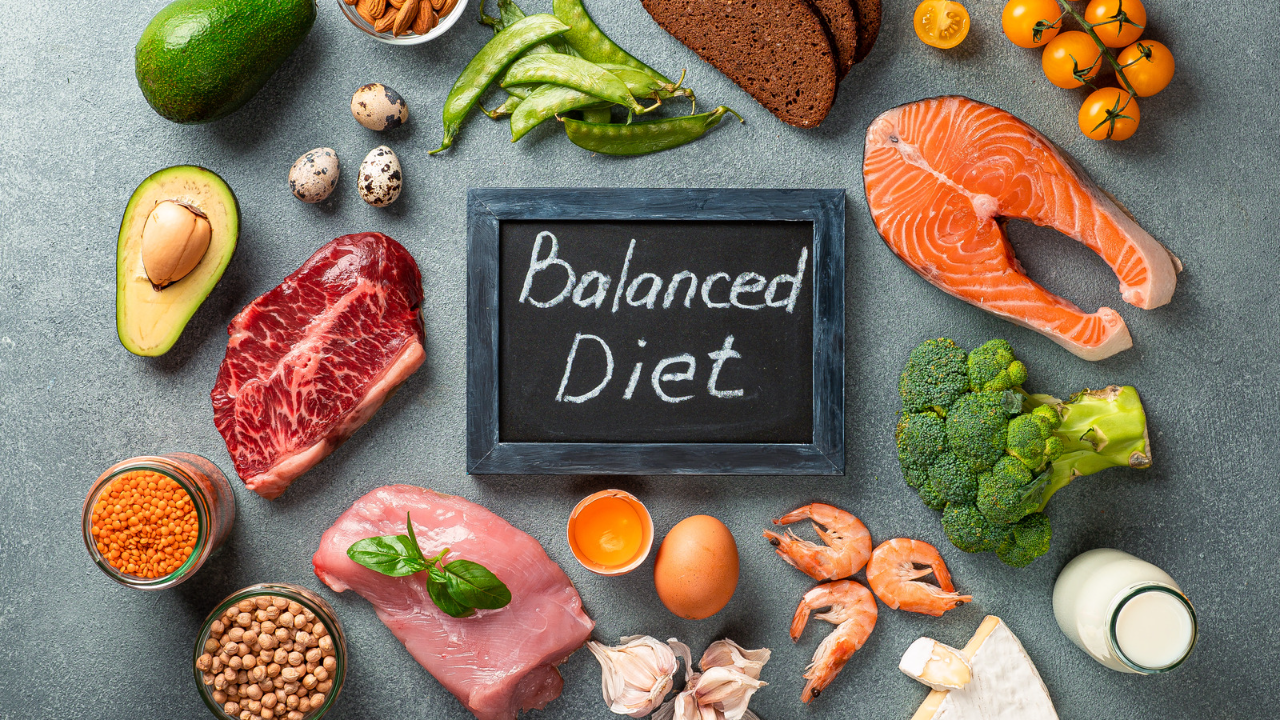
balanced diet Eat a healthy diet. Focus on fruits, vegetables, whole grains, and lean proteins. Cut back on junk food and sugary drinks.
- Stay active. Exercise helps keep your heart strong. Aim for at least 30 minutes of physical activity most days of the week.
- Don’t smoke. Smoking is one of the biggest risk factors for heart disease, and it can seriously damage your heart.
- Manage stress. Stress can take a toll on your heart, so find ways to relax and unwind. Meditation, yoga, or even just taking a walk can help.
- Know your numbers. Keep an eye on your blood pressure, cholesterol, and blood sugar levels, especially if you have a family history of heart disease.
Here are two bonus symptoms to wrap it all up:
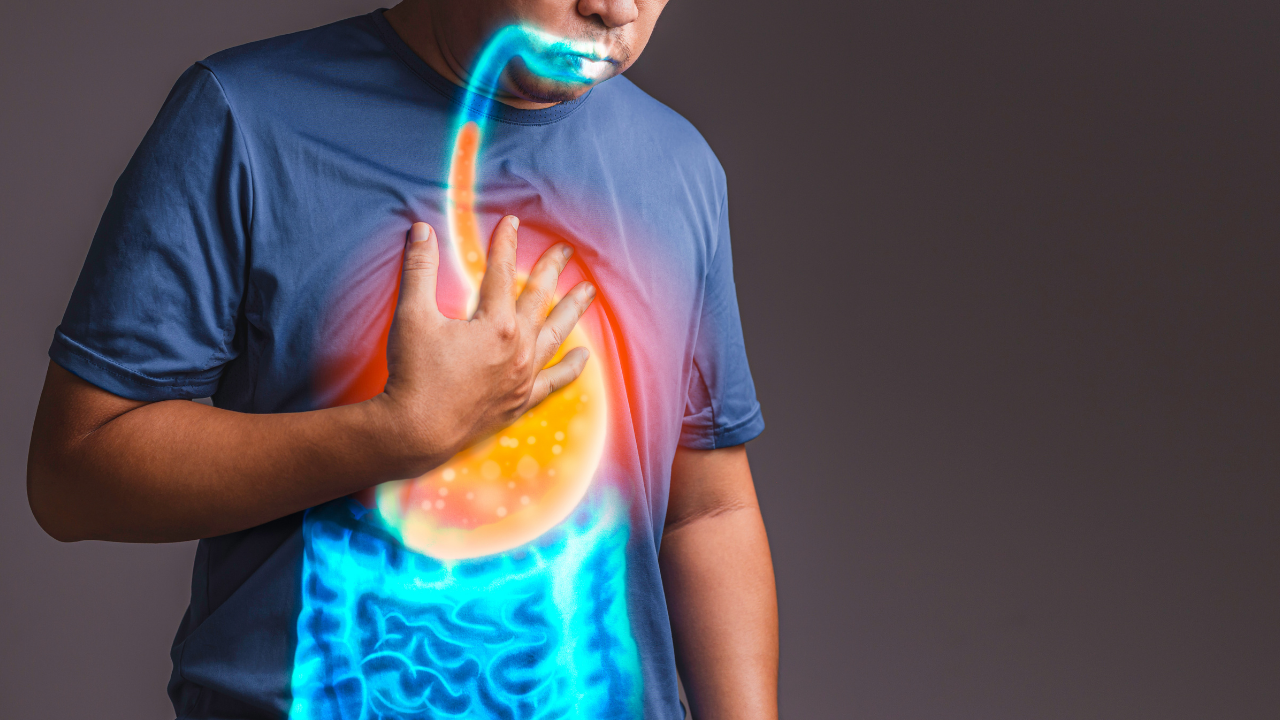
8.Indigestion or Heartburn
Believe it or not, some people who are having a heart attack feel like they just have really bad indigestion or heartburn.
This happens because the pain from the heart can sometimes be confused with stomach pain. If you feel a burning sensation or pressure in your chest that doesn’t go away after taking an antacid, and especially if it’s accompanied by other symptoms (like nausea, fatigue, or sweating), don’t dismiss it as just an upset stomach.
9.Anxiety or a Sense of Doom
It sounds strange, but some people report feeling a sudden, intense sense of dread or anxiety right before or during a heart attack. They describe it as a “sense of impending doom,” where they just know something bad is happening to their body. This can be accompanied by physical symptoms like a racing heart or chest tightness, which is why it’s sometimes mistaken for a panic attack.
If someone who’s never experienced panic attacks suddenly feel this way, especially with any other heart attack signs, they should get medical attention right away.
Edema:While it’s not a classic heart attack symptom, if you notice swelling alongside symptoms like shortness of breath or fatigue, it’s worth checking out.
Let me recap the most
Common Chest Pain Symptoms
- Pressure or squeezing in the center or left side of the chest
- Burning or feeling of fullness
- Radiating pain to the arm, neck, jaw, back, or stomach
- Pain that comes and goes
- Dull, crushing, or heavy sensation rather than sharp pain
- Pain that persists even at rest
- Triggered by physical activity or emotional stress
Heart attacks are scary, but knowing the symptoms and acting quickly can make all the difference. Whether you’re young or old, taking care of your heart is important!
You can check the entire YT video here.
Sources:
https://www.cdc.gov/heart-disease/about/heart-attack.html



